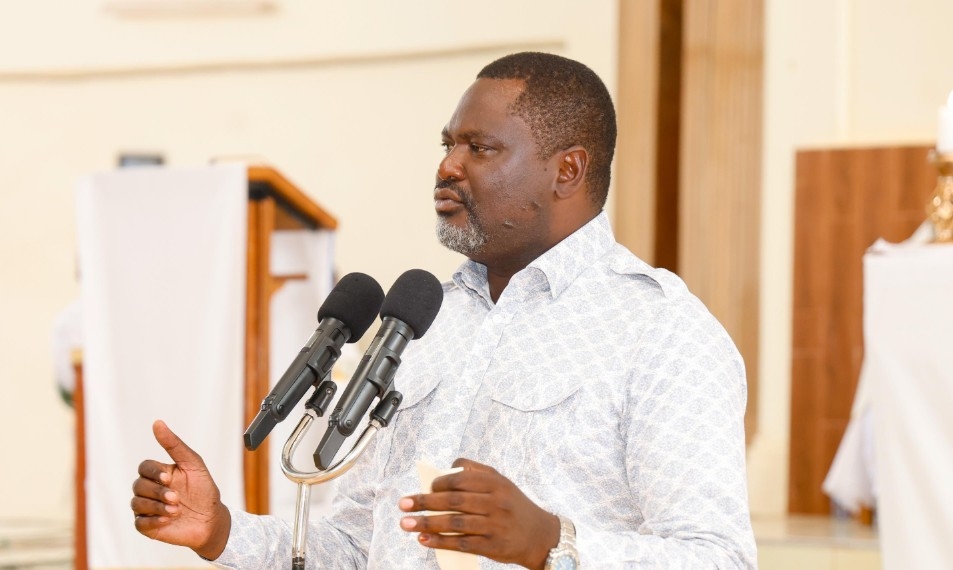Licensed miners in Kenya have protested the government’s decision to increase fees by nearly ten-fold, warning that it will cripple business.
They accused the State Department of Mining of implementing the Mining (Licence and Permit) (Amendment) Regulations, 2024 without considering industry players’ input or conducting public participation.
Among the new fees is a Sh3,000 per square kilometre annual rent fee for a prospecting licence, subject to a minimum of Sh500,000 per licence year.
Retention of a licence will cost investors Sh6,000 per square kilometre with the minimum payable amount being Sh500,000 annually.
Mining licenses will also cost Sh2,500 per hectare (or 6,177 acres) subject to a minimum of Sh500,000 per licence year.
Further, there is a non-refundable application fee of Sh50,000 and an annual rent of Sh2,000 per hectare but subject to a minimum of Sh500,000 for large-scale mining licence.
Fees, rent and other charges, which also affect artisanal miners, range between Sh2,000 and Sh500,000 depending on the specific use.
To transfer a prospecting licence, one will part with a minimum of Sh5 million while transferring a licence whose mining activities have commenced will cost Sh1 million.
The government has also introduced a mineral development levy at one per cent of gross sale value for all minerals (except salt and cement which is set at 0.5 per cent).
Anyone seeking to access information in the mining cadaster will part with a minimum of Sh2,000.
Speaking to the Star yesterday, the Kenya Chamber of Mines termed the new fee and rates “unfriendly” to business as the industry and the country at large is still in an "economic situation."
“The secret to unlocking this sector is to encourage domestic investments and get that critical mass that will create jobs across counties, pay royalties and taxes.
We need to open up this space for Kenyans and this will organically create the confidence in foreign investors,” KCM chairman Patrick Kanyoro told the Star.
The chamber is the main mining industry organisation that represents the interests of miners, exploration companies, mineral traders, suppliers and professionals in Kenya, with a focus on promoting sustainable growth of the industry.
It has termed the new levies and fees punitive, calling for talks with the government to come up with acceptable rates that reflect the current economic situation.
“Given the conversion ratio of prospecting to mining, it is punitive to levy such charges on an industry that contributes only one per cent to the GDP<' said Kanyoro.
He said it would be prudent for Kenya open up the space for prospecting as this will set the pipeline for mineral development in the next five to 10 years.
Some of the large-scale miners that have been affected include Base Titanium that is seeking prospecting licenses to extend its activities beyond 2024, when the Kwale mines close over depletion of minerals.
The regulations became effective after an inter-governmental relations technical committee met in Naivasha between September 3-6 this year, which sector players say they were excluded.
KCM has since written to mining CS Hassan Joho, calling for a stakeholders engagement within the next 14 days, which will also address issues on royalties.
Joho had last month warned miners taking too long to explore without making any progress that their licenses would be revoked.
“This will be enforced across the country. Speculative and inactive operations will no longer be tolerated," he said.
Industry players have however argued that the sector is capital-intensive; hence investors should be given more time.
Meanwhile, the players also want the government to review minerals listed as strategic saying the move, among other measures put in place, have locked out artisanal miners.
Last year, former Mining CS Salim Mvurya (now Investments, Trade and Industry CS) declared Cobalt, Copper, Lithium, Niobium, Coltan, Tantalum, Tin, Tsavorite, Nickel, Graphite, Chromite, Thorium and Uranium and other rare earths, as strategic minerals.
This, as the government moved to partially lift a licensing moratorium that had been in place since 2019, to allow mapping of mineral deposits across the country.
“Mineral movement within Kenya needs to be liberalised to support and promote trade and value addition in-country,” Kanyoro said.
According to experts, the sector has the potential to contribute between four per cent and 10 per cent to the GDP, if the right investment climate and regulations are put in place.
In what is seen as an attempt to fully maximise benefits from the sector, CS Joho has said the government is working towards curbing illegal mining and smuggling of minerals.
He said the state is ready to safeguard the country's minerals through a major crackdown, including having mining officers at all border points to prevent the illegal export of resources.






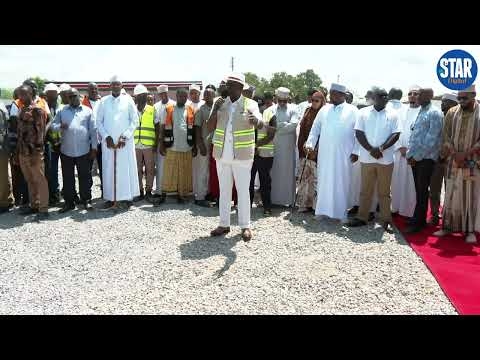
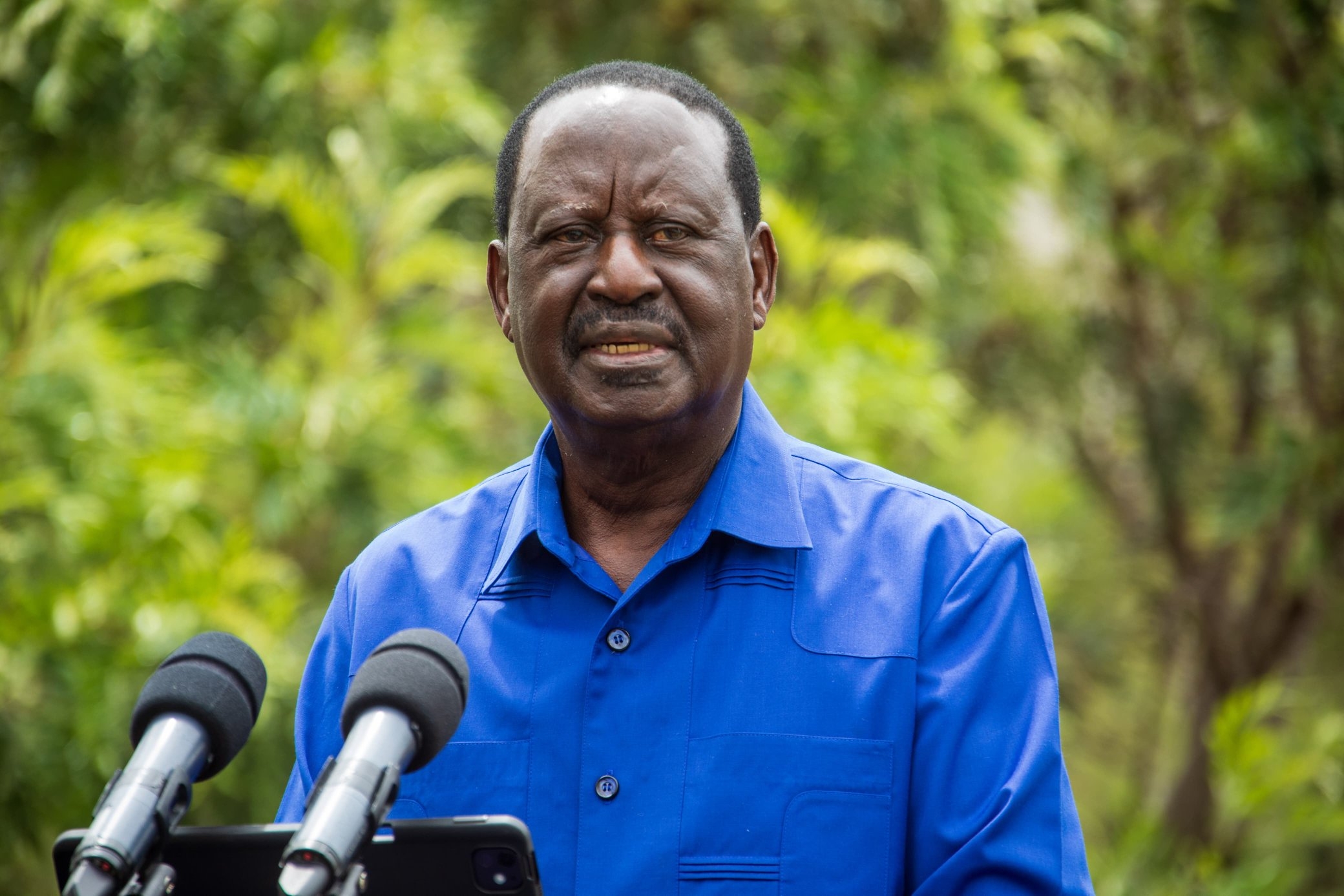
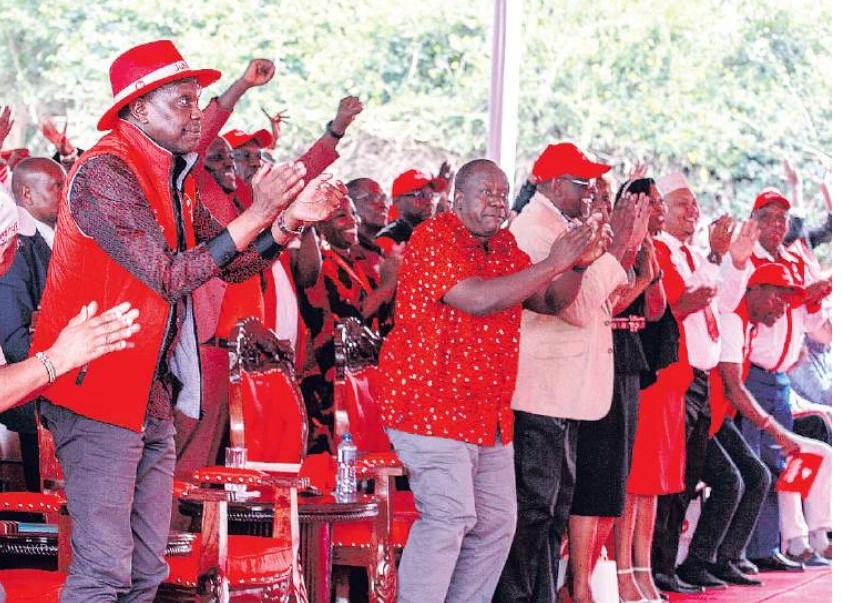
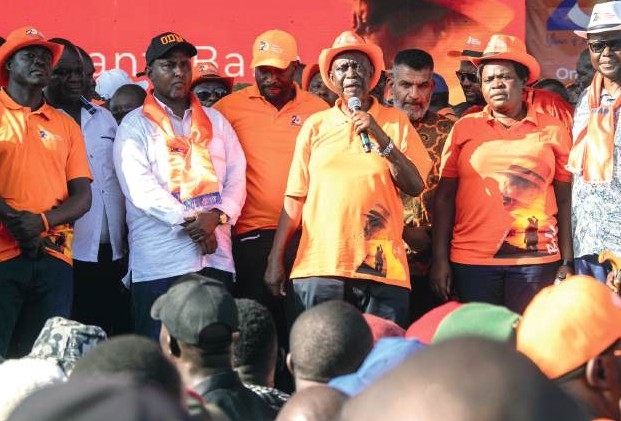
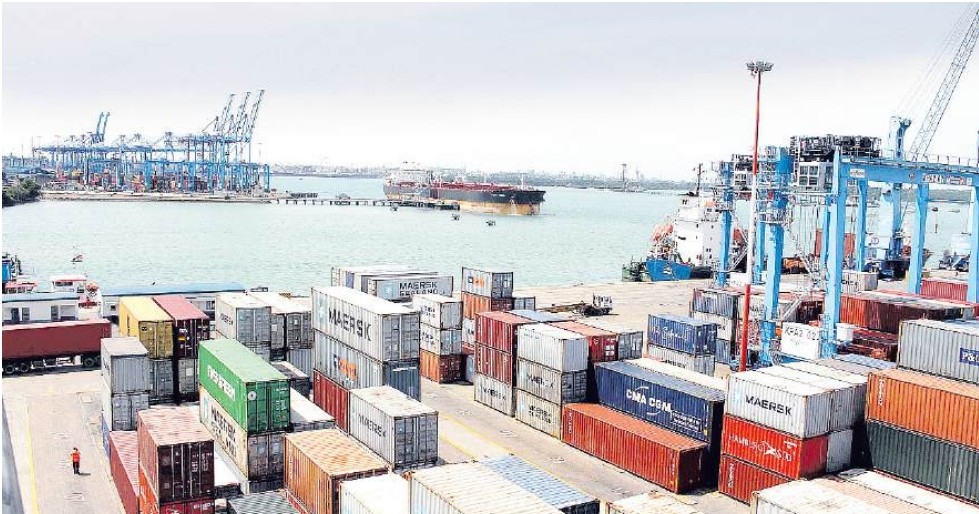

![[PHOTOS] Ruto present as NIS boss Noordin Haji's son weds](/_next/image?url=https%3A%2F%2Fcdn.radioafrica.digital%2Fimage%2F2025%2F11%2Ff8833a6a-7b6b-4e15-b378-8624f16917f0.jpg&w=3840&q=100)

